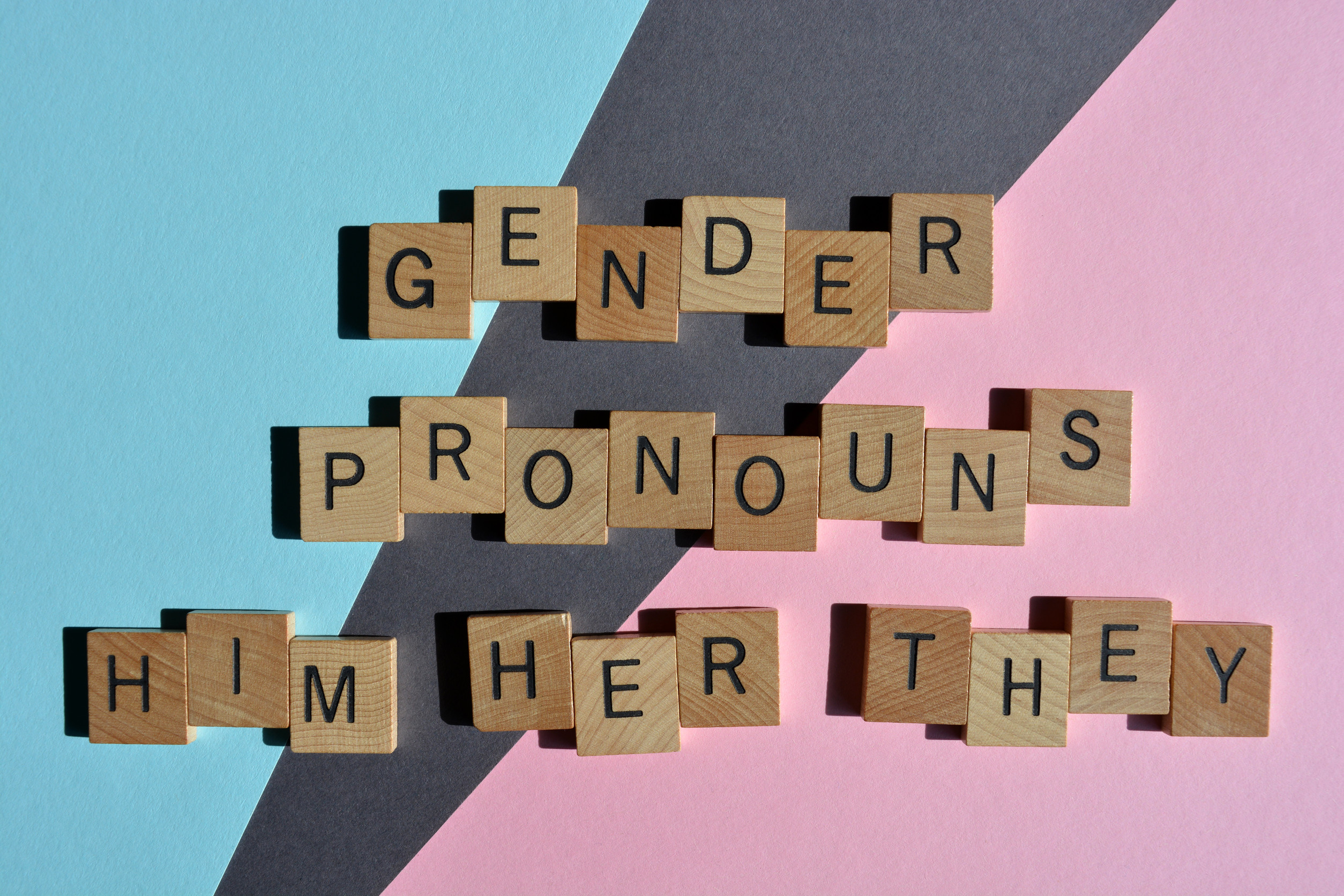Language has always been a living, breathing force. It shifts, evolves, and transforms right alongside society. In recent years, one of the most dynamic changes in modern language has been the way we use pronouns.
This isn’t just about grammar anymore—it’s about identity, visibility, and the power of words. The pronoun revolution is here, and it’s reshaping how we understand ourselves and others.
Understanding the Power of Pronouns
Pronouns may seem like small words, but they carry significant meaning. For many, being addressed by the correct pronoun is a matter of basic respect and recognition.
Misusing or ignoring someone’s chosen pronoun can feel like denying a part of their identity. As society becomes more aware of gender diversity, pronouns have taken center stage in conversations about inclusion. Recognizing this shift is the first step in understanding the broader cultural transformation underway.
From He and She to They and Ze
Traditionally, English relied heavily on binary pronouns—“he” and “she.” But as more people identify outside of the male-female spectrum, new pronouns like “they,” “ze,” and “xe” have emerged.
These options give nonbinary and genderqueer individuals a way to be seen and understood on their own terms. “They” as a singular pronoun has gained widespread acceptance, even being recognized by institutions like Merriam-Webster and the Associated Press. The evolution of pronouns is making room for identities that previously had no linguistic space.
Schools and Workplaces Leading the Change
Educational institutions and employers have increasingly embraced inclusive language practices. From email signatures to classroom introductions, sharing and respecting pronouns is becoming the norm.
Many universities now encourage students to list their pronouns on class rosters, while companies are adding pronoun fields to HR systems. This shift not only helps foster a more welcoming environment but also sets a precedent for future generations. When institutions take the lead, individuals feel safer and more empowered to express their identities.
Social Media and the Digital Push
The internet has played a massive role in propelling the pronoun conversation forward. Platforms like Instagram and LinkedIn now allow users to display their pronouns prominently on their profiles. Influencers, celebrities, and everyday users alike are normalizing the practice of sharing pronouns, making it part of the digital etiquette.
These small additions send a big message: everyone deserves to be addressed in a way that aligns with who they are. Social media isn’t just amplifying voices—it’s shaping the way language evolves in real time.
Resistance and Growing Pains
As with any cultural shift, the pronoun revolution hasn’t been without resistance. Some view the change as unnecessary or confusing, clinging to traditional grammar rules and binary norms. Others express concern about making mistakes or unintentionally offending someone. But like learning any new habit, using inclusive language takes time, patience, and willingness to grow. Resistance often stems from discomfort with change, but language has always adapted—and this time is no different.
Pronouns and the Legal Landscape
Legal systems are beginning to catch up with the linguistic changes taking place. Courts and governments in several regions have updated official forms to include gender-neutral pronouns or offer more gender options.
In some areas, misgendering someone intentionally—especially in professional or institutional settings—can even carry legal consequences. These developments reflect a broader recognition of gender identity as a protected right. As language evolves, so too must the frameworks that govern public life.
The Role of Language in Shaping Identity
Words are not just tools for communication—they shape how we see ourselves and how we relate to others. For those exploring or asserting their gender identity, having the right pronoun can be empowering and affirming. It’s a reminder that identity is not static; it’s personal, fluid, and deeply human. When language evolves to include more people, it creates space for authenticity and connection. The way we speak to each other affects the way we exist in the world.
The Future of Pronouns
As society becomes more inclusive, our language will continue to adapt. New pronouns may emerge, older ones may fade, and cultural norms will keep shifting. What once seemed unusual might become second nature in just a few years. The future of pronouns is not about enforcing rules—it’s about expanding possibilities. By remaining open and curious, we can all play a part in shaping a more inclusive linguistic future.
What are your thoughts on the evolving role of pronouns in our language and culture? Have you experienced this shift in your workplace, school, or personal life?
We’d love to hear your perspective, so drop a comment below and let us know. This is a conversation that is definitely worth having and we want your input!
Read More
7 Times Men Stand Up For You When You Had No Idea You Needed Them
The One Body Language Mistake That Instantly Makes You Look Weak



Leave a Reply